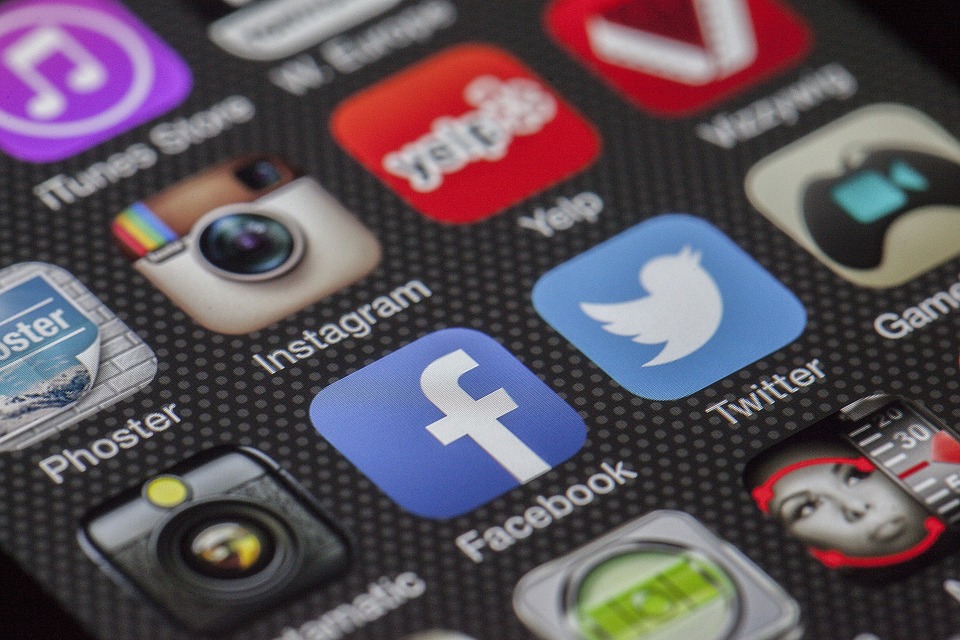The Power of Personalization: How Our Marketing Strategy is Driving Sales
In today’s digital age, the competition for businesses has never been fiercer. Companies are constantly searching for new ways to attract the attention of potential customers and increase their sales. One approach that is becoming increasingly effective is personalization.
Personalization involves tailoring marketing efforts to the specific needs and interests of individual consumers. When done correctly, it can increase customer loyalty and boost sales. In this article, we’ll explore the power of personalization and how it is driving sales for businesses.
Why Personalization Matters
In the past, marketing efforts were often designed to appeal to the broadest possible audience. However, this approach can be ineffective in today’s marketplace. Consumers are overwhelmed with marketing messages, and they are more likely to respond to messages that are relevant to their needs and interests.
Personalization allows businesses to create targeted messages that speak directly to their customers. By using data on customer behavior and preferences, companies can create tailored marketing messages that resonate with their audience. This approach can lead to higher engagement, increased loyalty, and ultimately higher sales.
The Benefits of Personalization
Personalization can provide a wide range of benefits for businesses of all sizes. Some of the primary benefits include:
1. Increased Engagement: Personalized messages have been shown to increase engagement rates by up to 50%. Customers are more likely to respond to messages that are relevant to them, and personalization can help achieve this.
2. Higher Sales: Personalization can also lead to higher sales. When customers feel that a company understands their needs and preferences, they are more likely to make a purchase.
3. Improved Customer Loyalty: Personalization can help build stronger relationships with customers. By providing personalized messages and experiences, companies can build trust and loyalty with their audience.
4. More Effective Marketing: Personalization can make marketing efforts more effective. By tailoring messages to specific audiences, companies can reduce wasted marketing spend and improve their return on investment.
How to Implement Personalization
Implementing personalization can seem daunting, but there are a few key steps that businesses can take to get started:
1. Gather Data: The first step in personalization is gathering data on customer behavior and preferences. This can include information such as purchase history, browsing behavior, and demographic information.
2. Segment Your Audience: Once you have gathered data, it’s important to segment your audience into distinct groups. This allows you to create targeted messages that speak directly to specific needs and interests.
3. Use Personalization Techniques: There are a variety of personalization techniques that businesses can use, including personalized emails, product recommendations, and targeted advertising.
4. Test and Refine: Personalization is an ongoing process. It’s important to test your messages and refine your approach over time to improve your results.
Conclusion
Personalization is a powerful tool that can help businesses stand out in a crowded marketplace. By tailoring messages to the specific needs and interests of their customers, companies can increase engagement, loyalty, and ultimately drive sales. By following the above steps, businesses can begin implementing personalization into their marketing strategy and start reaping the benefits.
FAQs:
1. How can personalization improve customer loyalty?
Personalization can improve customer loyalty by building stronger relationships with customers. By providing personalized messages and experiences, companies can build trust and loyalty with their audience.
2. What are some examples of personalization techniques?
Examples of personalization techniques include personalized emails, product recommendations, and targeted advertising.
3. Is personalization only effective for larger businesses?
No, personalization can be effective for businesses of all sizes. Small businesses can also benefit from personalization by tailoring messages to the specific needs and interests of their customers.
4. How can businesses gather data for personalization?
Businesses can gather data through a variety of sources, including purchase history, browsing behavior, and demographic information.
5. Can personalization reduce marketing spend?
Yes, personalization can help reduce wasted marketing spend by tailoring messages to specific audiences, resulting in a more effective marketing campaign.






